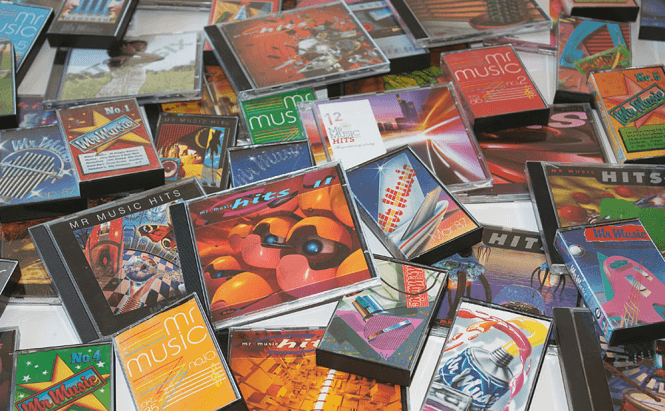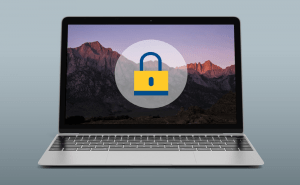 The Effective Way to Organize Your Music Library
The Effective Way to Organize Your Music Library
I don't know about you, but I have a huge music collection saved on my hard-disks. Unfortunately, the songs have been copied from various sources, downloaded, ripped from CDs, etc. it used to be a real mess. Furthermore, there were many files with titles like "Track04", and I didn't even know what they were, as well as, of course, many duplicates. If I would have chosen to clean it up all by myself, sorting through hundred of GBs of music, it would have taken many hours. But thankfully, there are many tools that can assist me in this process. Here are some of the best applications that can help you clean up your music library.
The "I don't want any part of this" solution:
In case you want a tool that can do it all by itself, TuneUp should be exactly what you need. This application (which can handle a maximum of 1,000 files at once) can do it all automatically: analyze your files, download missing metadata, remove duplicates, rename files, etc. What's cool is that the tool doesn't just use the available metadata to match your songs, but also compares the first few seconds of your songs with its database to positively identify them. Additionally, reverting any change is very easy, as TuneUp features a handy "Undo" tab.
As far as disadvantages go, unfortunately, there are a few, For starters, the application's database is somewhat limited, especially if you have uncommon music tastes, so it may not be able to positively identify or correctly tag all of your tunes. Additionally, if you throw too many songs at it (depending on your hardware), it may take a long while for the tool to process all of them, so be prepared to find other activities while waiting for the results.
The accurate solution:
From my experience, one of the most accurate ways of organizing your music library is to use an application called MusicBrainz Picard. This MP3 tagger uses one of the most comprehensive databases on the Internet to correctly tag and organize the music in your collection. Furthermore, in case the metadata from your file cannot be matched within its database, the application will automatically compare the tune's "fingerprint" against AcoustID. What's even better is that Picard can work with a wide variety of plugins and extensions, so you can easily extend its functionality or add numerous other databases.
The bad news is that MusicBrainz Picard requires you to be more involved in the organizing process than the previous tool and, even though it does most of the groundwork, it can still be a bit time consuming. However, it's completely free, so it should be worth trying out.
The good old way:
While both of the previous tools might have some issues processing a large number of files and overexerting your system's resources, Tag&Rename offers a quicker solution. To be totally honest, the application isn't as sophisticated as the others on this list, but there are many times when this may prove to be a good thing. The tool uses Freedb to find the metadata and accesses Amazon or Discogs to download album covers. Tag&Rename can make organizing your music library a breeze by automatically editing your songs' tags and metadata. Furthermore, as its name indicates, it will also correctly rename your files.
The multifunctional player solution:
In case you were looking for a music player which could also help you clean up your music library, you should give MediaMonkey a go. This free tool can play tons of media formats, helps you convert songs, is capable of burning audio CDs and, of course, can tag, rename and organize your tunes collection. What's really cool is that you will be able to use all these functions while listening to the music. The application doesn't specifically say where it gets its data from, but it features a hands-off approach and pretty accurate tagging, so it's definitely worth trying out. If MediaMonkey isn't really your style, you could also try foobar2000, which offers pretty much the same functionality.
Just help me get rid of these!
If all you wanted was a tool that could accurately detect duplicate songs and clean them up, Similarity is my personal favorite. This application is actually quite cool, as it matches songs based on their content. (This is a more accurate method than the standard binary patterns comparison that most similar tools use.) Another advantage is that the program supports a wide variety of audio formats, both lossless and lossy. Furthermore, Similarity won't just help you straighten out your music collection, but is also fully equipped to identify and remove duplicate image files.
Wonders of the Internet
But if you're really bothered by all this, why not choose the easiest solution and simply switch to a streaming service like Spotify, which has a huge already organized, music collection. Another convenient alternative would be to simply upload your songs to services like iTunes or Google Music, which won't only organize them, but also make them available wherever you are, not just on your home PC.








